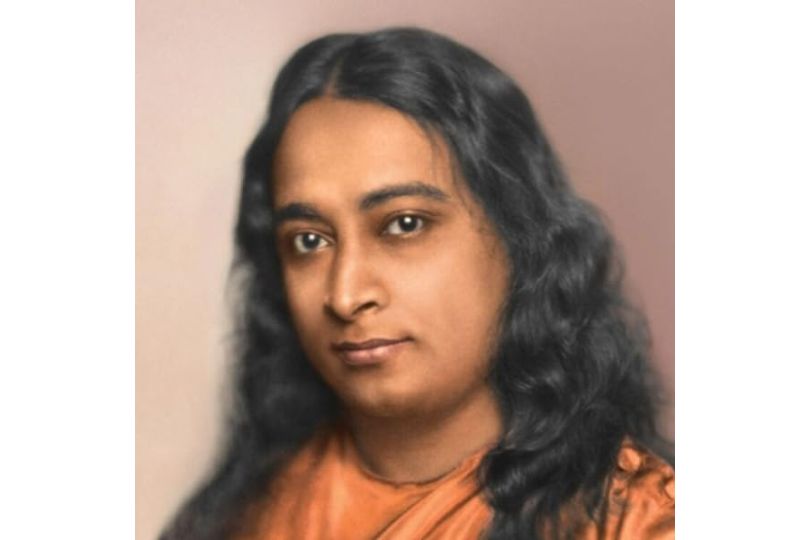Tagore Literary Prize Awarded to 3 Indian Authors
A healthy India needs a legacy, and we are working hard through the Tagore Prize to acknowledge the contributions that have had beneficial, long-lasting effects on society and Indian literatureon Dec 26, 2022
.jpg)
Shobhana Kumar, Sudeep Sen, and Sanjoy K. Roy have each been given the Rabindranath Tagore Literary Prize for 2021–2022. In a ceremony that was recently held at the India International Centre and hosted by anchor and journalist Jujhar Singh, each winner recently received a Rabindranath Tagore statuette as well as a cash reward of 5000 US dollars.
Freddy Svane, the Danish ambassador, Mumin Chen, the Taiwanese deputy ambassador, Dr. George Gauthier II, the well-known doctor of the stars, Pawan Pahwa, the project coordinator for the Tagore Literary Prize noted Indian poet Ashok Vajpeyi, Prof. Ganguly, a Tagore scholar and researcher, author Meenu Agrawal, presenter and podcaster Meenu Agrawal, and Suraj Kumar, an award-winning Indian.
The Rabindranath Tagore Literary Prize is an annual literary award given in India to published works by Indian authors (living in India or abroad) that were initially written in any of the official languages and dialects of India but were later translated into English. It is impossible to dispute Gurudev Rabindranath Tagore's immense legacy or his distinguished position among the literary greats.
The Rabindranath Tagore Literary Prize honors Tagore's brilliance as a writer and his contributions to literature. "It is more crucial than ever to struggle for freedom and peace. Poets and authors are frequently ahead of their time and eloquently and honestly convey our feelings and hope. This is the spirit in which the Tagore Prize is awarded, the Danish Ambassador Freddy Svane exulted.
Copenhagen-based Peter Bundalo, the founder and CEO of the Tagore Literary Prize, first became interested in Tagore when he was very young. Since then, he has dedicated his life to preserving Tagore's teachings and legacy. "I believe that professors, authors, and poets won't succeed without societal cohesiveness.
A healthy India needs a legacy, and we are working hard through the Tagore Prize to acknowledge the contributions that have had beneficial, long-lasting effects on society and Indian literature, according to Bundalo, who announced last year that the prizes for 2021 and 2022 will be combined. Since 2018, the Tagore Prize for Literature has been given each year. Sandip Soparrkar, Raj Kamal Jha, Kailash Satyarthi, and His Majesty Sultan Qaboos bin Said Al Said are some of the former winners.
Sudeep Sen, who received the award for his essay "Anthropocene: Climate Change, Contagion, Consolation," is adamant that people need to be made more aware of climate change challenges. This book, which came together during the epidemic, is primarily an appeal for optimism and prayer in these trying times. It makes an effort to address the broader geopolitics of our day by utilizing a variety of literary genres and tropes. Sen. Feingold said, "I hope this prize will assist to expose more people to extremely critical issues that require acute and immediate attention — such as climate change, and our need for global solidarity and humanism."
During his keynote speech, Prof. Ganguly discussed Tagore's appeal on a worldwide scale. Rabindranath Tagore continues to be a topic of fascination. In 1913, in Cuba, the first translation of Gitajali was completed.
According to Prof. Ganguly, who also discussed the Indo-Argentinean film "Thinking of Tagore," produced by Suraj Kumar, which focuses on Tagore's time in Argentina in the early 20th century and his plutocratic friendship with the Argentinean writer Victoria Ocampo, Kabir poetry translated by Tagore was published in Argentina in 1917 to influence their society, which was going through difficult times. Kumar also showed the movie's trailer at the event.
Shobhana Kumar, who received the Tagore Prize for her contribution to "A Sky Full of Bucket Lists," feels compelled to spread Tagore's philosophy and ideals throughout. The fundamental goal of artists, according to Kumar, is to question the current quo as well as become archivists of the world as it is experienced. "Art matters started as an advocacy drive to emphasize the value of artists and craftspeople in our fusion of heritage, culture, and daily life. Since then, the campaign has expanded to help and assist the Indian artistic community, which was greatly touched by Covid-19, Roy concluded. Roy was given the Tagore Prize for Social Achievement.



.jpg)






.jpg)

.jpg)
.jpg)

.jpg)
.jpg)
.jpg)










Sorry! No comment found for this post.